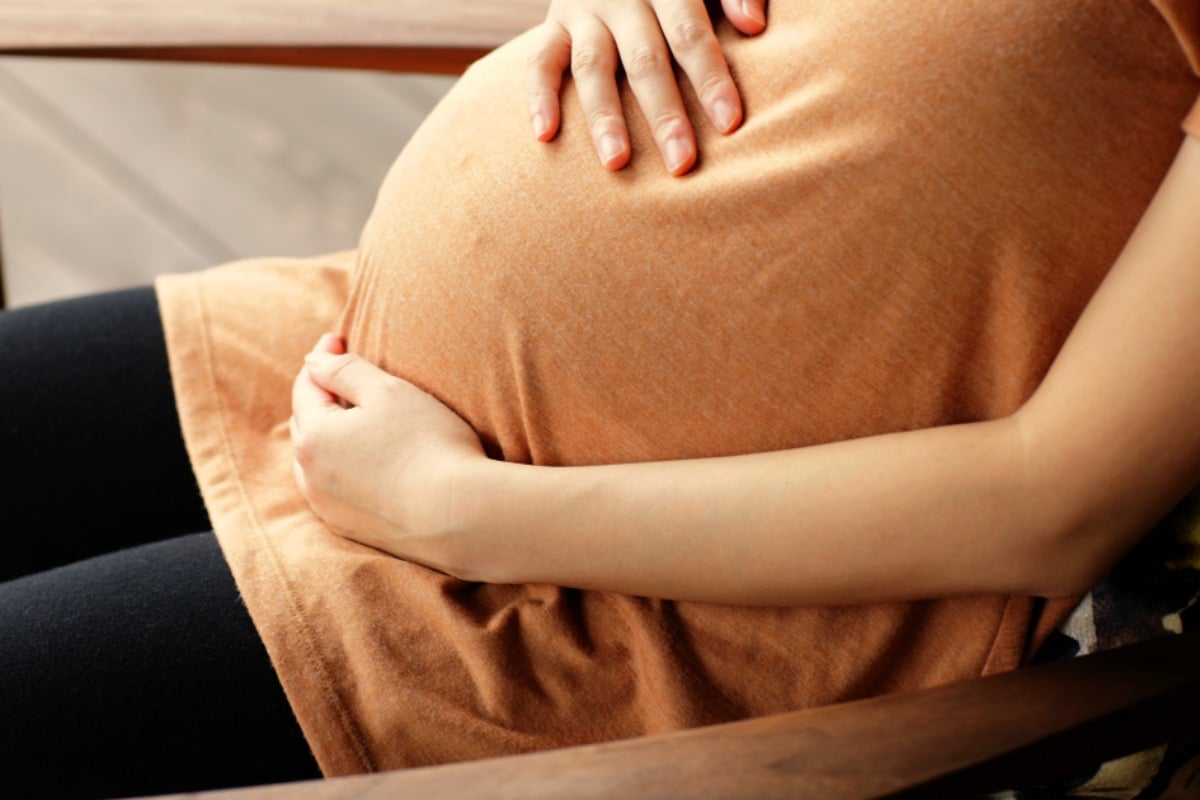
On Tuesday, research was published which found that Australians fundamentally misunderstand fertility.
According to Professor Kelton Tremellen, a co-author of the paper, we’re seriously underestimating the impact of age on fertility, which leaves approximately 10 per cent of the female population without any good quality eggs by their mid-thirties.
But most interestingly, the study found that many women are living with premature ageing of the ovaries, and have no idea until they start trying to fall pregnant. By that point, it might already be too late.
We spoke to Dr Joseph Sgroi, a highly experienced obstetrician, fertility specialist and gynaecologist, about the signs that you probably won’t have any problems – as well as the symptoms you should look out for.
You’re having regular sex that isn’t painful
Having regular sex is probably a good start when it comes to getting pregnant.
But interestingly, Dr Sgroi says pain during intercourse could be an indication of a health condition that might affect fertility.
“Pain during sex could be a symptom of endometriosis,” Dr Sgroi said.
